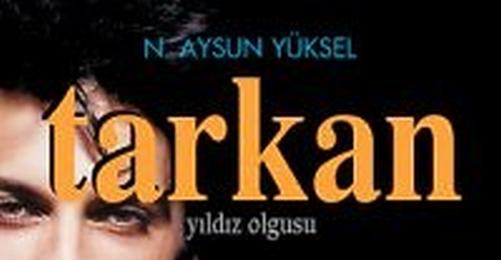The European Court of Human Rights (ECHR) convicted Turkey of a violation of freedom of expression because of seizing the book "Tarkan, the Star Phenomenon" ('Tarkan, Yıldız Olgusu').
On 8 June, the ECHR unanimously decreed for a € 2,000 monetary fine in compensation to be paid to applicant Özcan Sapan, executive of Chiviyazıları Publishing. Another € 1,000 has to be paid for court expenses, so the total fine for Turkey sums up to € 3,000 (TL 6,000).
The book is based on a study into the star phenomenon of the popular Turkish singer Tarkan carried out by Assoc. Prof. Dr. N. Aysun Yüksel, member of the Faculty of Communication at the Anatolian University. The study was published by Chiviyazıları Publishing
In her study, Yüksel focused on the social and economic dynamics of the development of a star phenomenon on the example of Tarkan. She found out that stars carry certain functions in the consumption society. The book was published in 2001 and its copies were later on seized upon a decision by the Istanbul 11th Criminal Court of First Instance.
Seizure trial and compensation claim
The singer Tarkan Tevetoğlu, domestically and internationally known as Tarkan, applied to the court in Istanbul on 17 September 2001 for the confiscation of the book. The book comprises 31 portraits taken from different press publications and three magazine covers.
Tarkan had demanded to ban the book because of an alleged attack on the singer's reputation and personality. The court decided in favour of Tarkan's request three days later and decreed for a seizure of the book. On 3 September 2001, Tarkan filed a lawsuit for a compensation claim with publisher Sapan.
ECHR: Insufficient reasons for banning the book
The ECHR indicated that the local court had not disclosed any legal reasons for the ban of the book. According to the ECHR, the local court did not consider the expert reports in favour of applicant Sapan which were issued after the seizure decision. Thus, the book remained banned for the duration of two years and eight months.
The ECHR concluded that the study did not carry "sensational" features but was to be seen as the result of a scientific study. The international court found the reasons for the ban insufficient. (EÖ/TK/VK)










